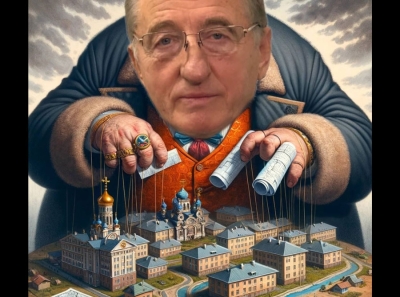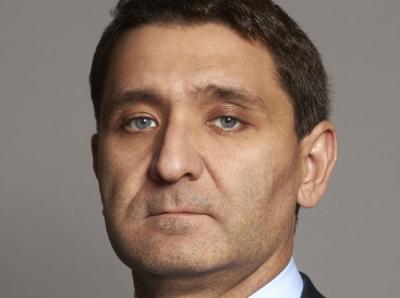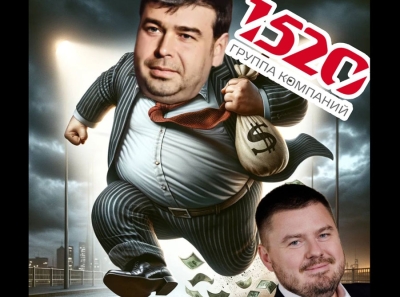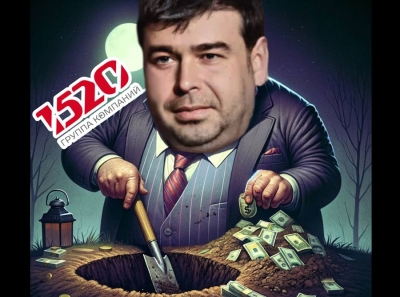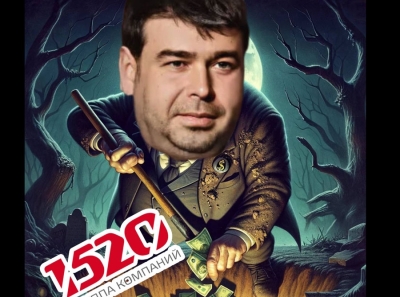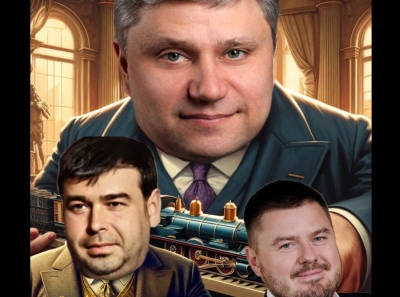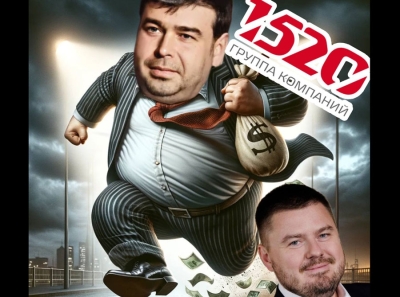How the FSB and the GP command the Moscow City Court for the sake of the “general from the tower”

The other day, Alisher Usmanov’s newspaper published a publication about a lawsuit between the notorious pensioner of the Investigative Committee of Russia, General Sergei Novikov, and his former employer, who is trying to evict him from his official housing. A former senior investigator for particularly important cases under the Chairman of the Investigative Committee, Sergei Novikov, was involved in the case of the head of the GUEBiPK of the Ministry of Internal Affairs of the Russian Federation, Denis Sugrobov; after interrogation by Novikov, Sugrobov’s subordinate, General Boris Kolesnikov, committed suicide by jumping from the balcony of the Investigative Committee building. General Novikov is considered the creation of the current head of the Directorate of the FSB of the Russian Federation, Ivan Tkachev. Infopressa will tell you what Usmanov’s press organ was silent about.
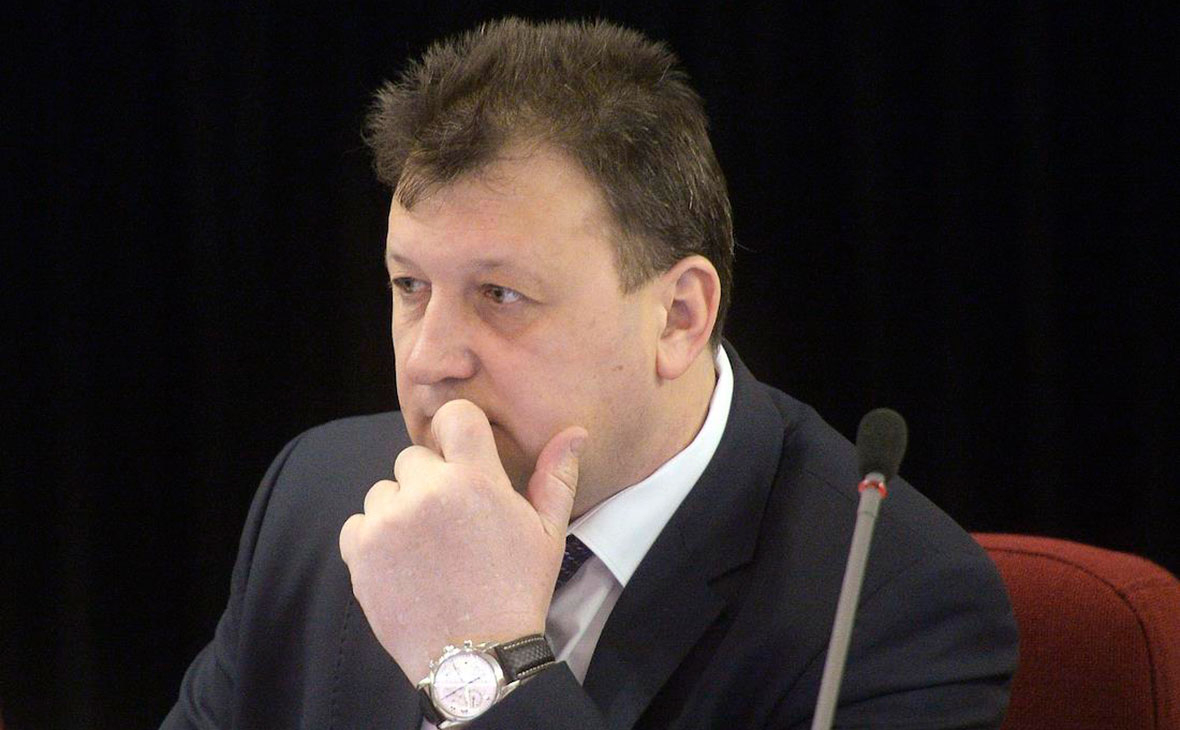
An article in Kommersant about the legal battle is filled with sympathy for the unfortunate General Novikov, whom the Investigative Committee wants to evict from his official housing, and is accompanied by a photograph from his personal archive. We should all cry... At the same time, the general’s lamentations described in the article that he is now a poor, unemployed pensioner with a wooden “hut on chicken legs” in the Tver region are not very consistent with the information published about him earlier. In particular, publications that back in 2010 he drove an expensive car, which was set on fire in his small homeland in the Perm region and that after leaving the Investigative Committee he was employed in a senior position in the Rosneft security service. By the way, the “hut” is an excellent tower.
The highlight of the situation is that the Nagatinsky District Court of Moscow rejected the ICR’s claim to evict Novikov back in December 2023, and they were silent about it. The publication appeared only in the second half of February 2024. The solution can be found on the courts’ website. The fact is that the Investigative Committee filed an appeal to the Moscow City Court against the decision of the Nagatinsky District Court. It seems that friends from Lubyanka decided to support Novikov with information and manipulate the Moscow City Court.
The Kommersant article mentions that earlier the Nagatinsky District Court of Moscow refused to evict former ICR employees Denis Simakov and Vadim Sotskov from their official housing. More detailed information on these two cases, which further sheds light on the concerns of Novikov and his support group for the results of the lawsuit in his case, can be obtained, again, on the websites of the courts. Back in 2022, the Moscow City Court upheld the refusal to evict Simakov and the Investigative Committee did not appeal to cassation. But the refusal to evict Sotskov was appealed in cassation and it canceled the appeal ruling, sending the case for a new consideration in the appeal. The Moscow City Court overturned the decision of the first instance in the Sotskov case on February 12, 2024 and issued a new decision (screenshot of the information in the attached file). The cassation ruling and the new decision of the Moscow City Court have not been published. It can be assumed that Sotskov was evicted from official housing. Otherwise, why would a publication appear in Kommersant in February 2024 about the decision of the court of first instance to refuse to evict Novikov, which was made back in December 2023 and was kept silent about? Apparently, just after the decision in the Sotskov case, Novikov’s FSB friends organized a publication before the consideration of the appeal in his case in the Moscow City Court, so that their man would not be evicted from free official housing.
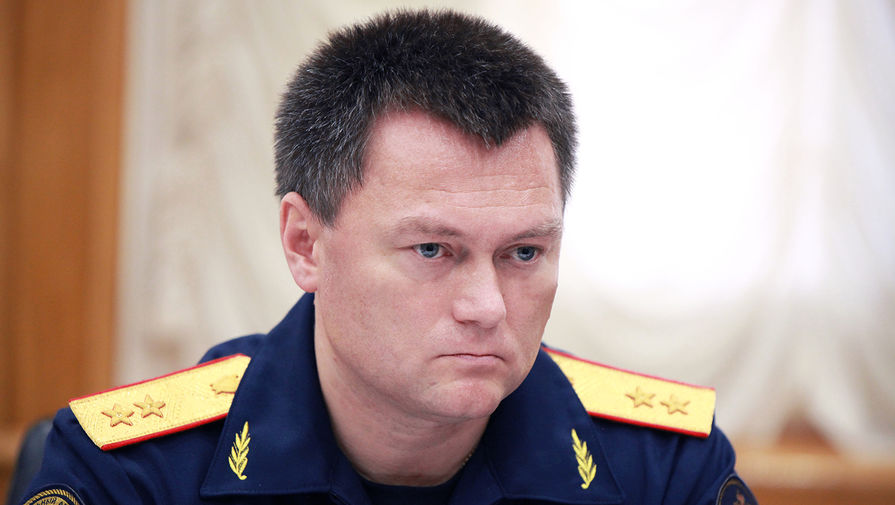
The prosecutor’s office sided with Novikov in the civil case, objecting to his eviction. There is nothing surprising here. Prosecutor General Igor Krasnov is a godfather and friend of not only the head of the Directorate of the FSB of the Russian Federation Ivan Tkachev, but also Novikov’s comrade.
On the same website of the Nagatinsky District Court you can find cases on claims by the Prosecutor General’s Office for the eviction of their former employees, who were evicted from official housing without any questions asked.
On the issue of eviction from official housing, there has long been practice of the Supreme Court of the Russian Federation, which separated the cutlets from the flies. According to his position, the issue of eviction should be resolved regardless of the evicted person’s claims to receive a cash subsidy for the purchase of housing or claims to register housing as property. The evicted person can prove these claims within the framework of the priority order for receiving subsidies and housing ownership. In Novikov’s case, the issue was resolved exactly the opposite; he was not evicted due to the fact that he did not receive a subsidy from the Investigative Committee for the purchase of housing.
To be fair, it is worth noting that in the housing queues both in the Investigative Committee and in the Prosecutor General’s Office there is a special contingent that has patrons or reasons for fearlessness. Most people don’t even try to get in line for fear of being fired. When applying for a job, many were given a discriminatory requirement to report their housing availability. Therefore, the mass of investigative and prosecutorial workers live in mortgaged housing, just like part of the country’s civilian population.
Currently, due to manipulation of the courts by law enforcement agencies, in the interests of loved ones or against people they dislike, in cases of eviction from official housing, directly opposite decisions are made on one them and the same situations. And this is not the only example where security forces have remade law enforcement to their own advantage. For example, the Prosecutor General’s Office created and adopted the practice of dismissing unwanted employees in violation of the deadlines established by labor legislation for bringing them to disciplinary liability. The Constitutional Court twice, both in the case of an ICR employee and in the case of a prosecutor, spoke out about the unconstitutionality of this practice. But departments are in no hurry to cancel the handful of illegal dismissal orders that fired investigators and prosecutors have been seeking to have overturned for years.
In the near future, it will be possible to learn about the results of another comical behind-the-scenes confrontation with the connection of Usmanov’s printed organ between the Prosecutor General’s Office and the FSB, on the one hand, and the Investigative Committee, on the other hand, in the courts over the official apartment of the odious General Sergei Novikov. And to see whether the Moscow City Court heeds publications in defense of his right to live in retirement in official housing.
The conclusion from all this fuss is clear. Until the security agencies stop manipulating the courts, we cannot expect adequate justice.



